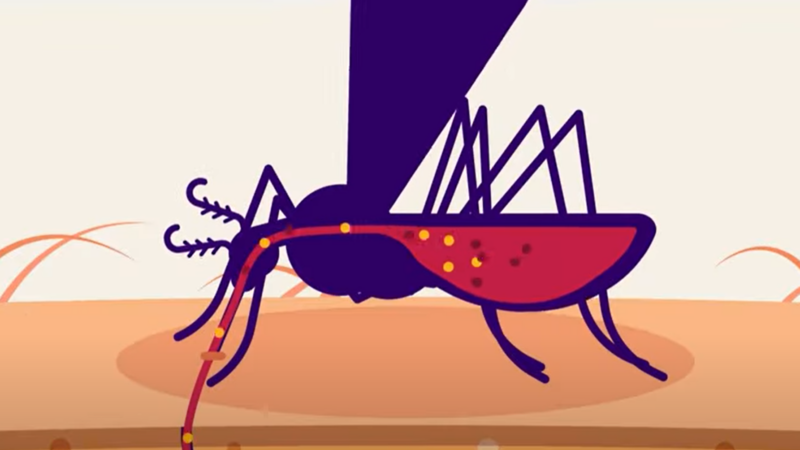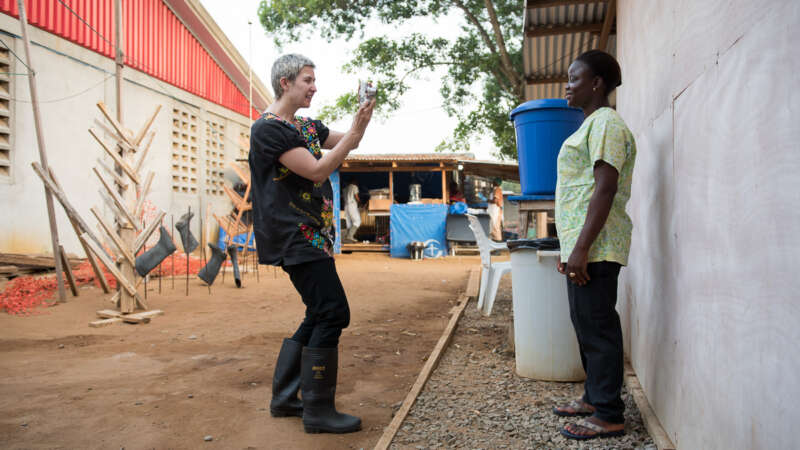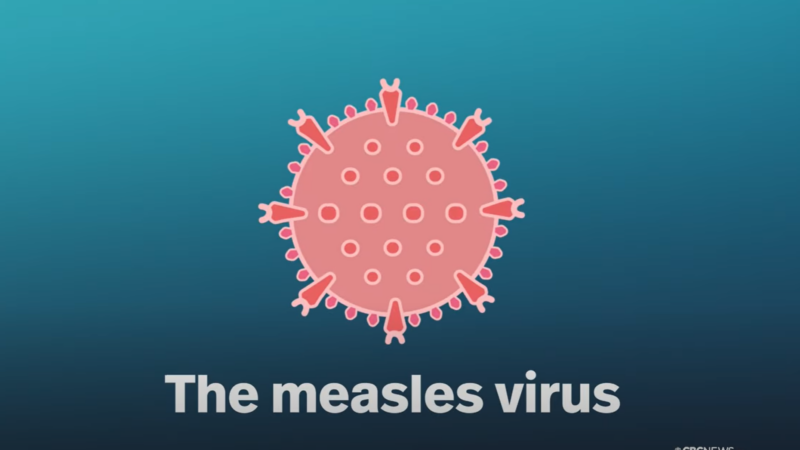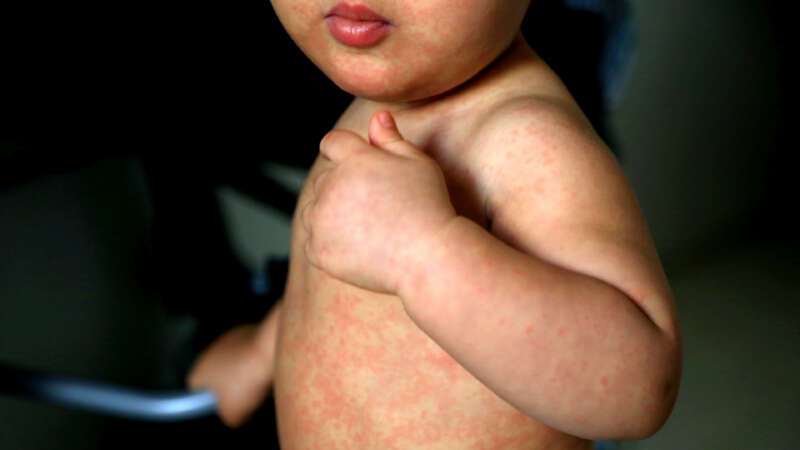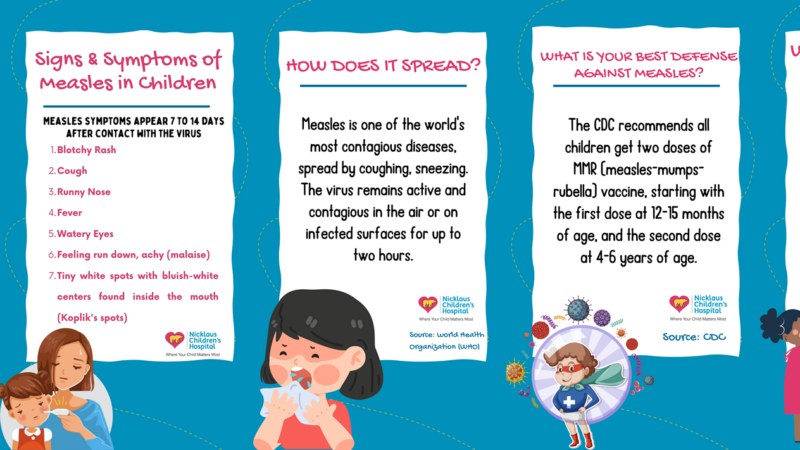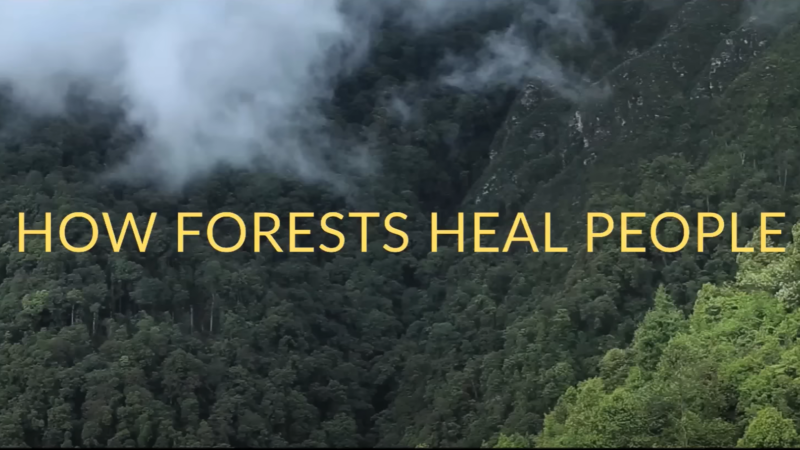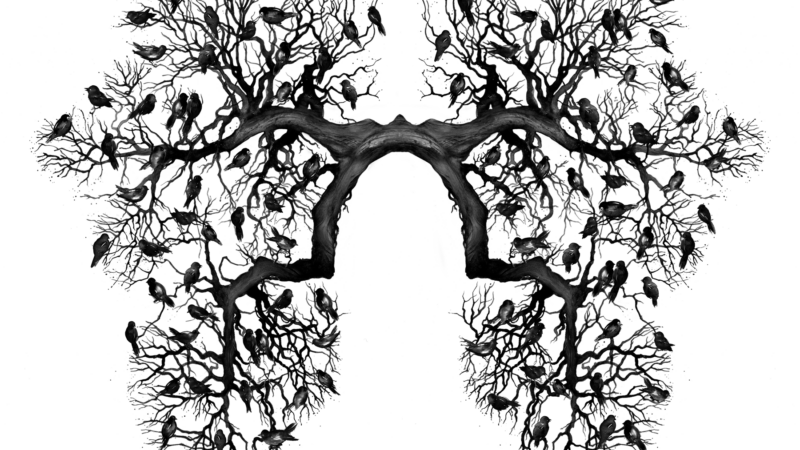public health
Dengue Explained in Five Minutes
Check out this video by Free Med Education to learn about dengue fever, its cause, and its symptoms.
The Rise of Dengue: A Global Perspective
Around the world, dengue is considered the most common viral disease transmitted by mosquitoes that affects people. According to the World Health Organization (WHO), the disease is now endemic in more than 100 countries. In the first three months of 2024, over five million dengue cases and over 2000 dengue-related deaths were reported globally. The figures so far project that 2024 could be even worse than 2023, with the regions most seriously affected being the Americas, South-East Asia, and Western Pacific.
In the Americas, there were 6,186,805 suspected cases of dengue reported in the first 15 weeks of 2024. To put this into perspective, according to the Pan American Health Organization (PAHO), this figure represents an increase of 254% compared to the same period in 2023. Of these cases 5,928 were confirmed and classified as severe dengue.
Mary Beth Heffernan: From the Studio to the Hospital Ward
Mary Beth Heffernan, a Los Angeles based artist, brings together corporeality and imagery through various media. Her work examines deep questions about how bodies and their experiences are represented in digital and physical forms.
One of Heffernan’s most notable projects, the PPE Portrait Project, began in 2014 to humanize the protective gear of Ebola workers in Liberia. By placing portraits on protective equipment, the project helped mitigate fear and foster connections between healthcare workers and patients. The initiative gained international attention and was adapted for COVID-19 response, impacting healthcare settings worldwide, including major institutions like Stanford Medical School and Massachusetts General Hospital.
Understanding Measles
Check out this video by CBC on one of the world’s most contagious but preventable diseases. Learn how measles attacks the body and what makes it so contagious.
Europe and the U.S. Battle Measles – Again
Initially, doctors in the Tuzla Canton of the Federation of Bosnia and Herzegovina thought the rash on young Imran’s* stomach could be scarlet fever. Or maybe it was Kawasaki disease. As reported by Eurosurveillance, that was in early December 2023. By Christmas, four of Imran’s preschool classmates had been admitted to the hospital with measles. By mid-January 2024, another epidemiologically linked case – again originally misdiagnosed as the much less contagious scarlet fever – presented in a neighboring canton. Two more quickly followed. Between the last week of December and the middle of February, the Balkan nation had reported 141 new measles cases.
Barts Health Trust’s Dr. David Harrington said the misdiagnoses should not be unexpected.
“Many front-line clinicians won’t have seen measles for several years,” he told Medscape UK. “So good education and training and collaboration between public health and infection specialists with those in primary and emergency care is key.”
Protect Your Child Against Measles
This infographic from the Nicklaus Children’s Hospital shares with you what you need to know, and do, to protect your child from measles.
Summer Lajoie: The Simplicity of Creation
Summer Lajoie merges artistry with nature, creating ephemeral art that captures the fleeting beauty of the natural world. Each creation reflects a moment of profound connection and presence.
For Summer, art is more than just a form of expression; it’s a vital ritual. Inspired by the transient works of Andy Goldsworthy, she engages with the environment, crafting art from the elements she encounters. This process focuses less on the final product and more on the act of creation itself.
Japanese “Forest Medicine” – Using Nature to Heal Yourself
The fountain of youth is a forest. Trees cast off years and grant health and cheer, or so transcendentalist Ralph Waldo Emerson claimed in his 1836 essay “Nature.” ”In the woods,” he wrote, “I feel that nothing can befall me [. . .] which nature cannot repair.”
Indeed, research shows that trees really do have healing powers. For one thing, they release antimicrobial essential oils, called phytoncides, that protect trees from germs and have a host of health benefits for people.
What is Forest Bathing?
Check out this video by Cascadia Forest Therapy to discover the magical healing powers of nature.
Narda Lebo: Adventurer, Artist, Connector
Raised in a family that cultivated a spirit of adventure, Narda Lebo’s life is brimming with adventure, exploration, and a profound appreciation for the interconnectedness of our world.
“I was raised to be adventurous,” Narda reminisces, recounting her childhood surrounded by vintage biplanes restored by her father and guided by her mother’s teachings on how to be a world traveler.
Throughout her career, Narda has journeyed through diverse disciplines, collaborating with doctors, scientists, archaeologists, and architects to create narratives that would bind together seemingly disparate fields of study.
